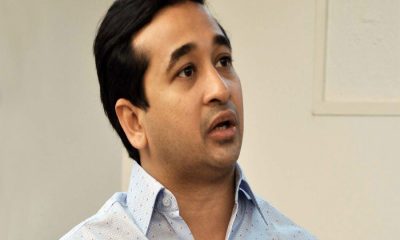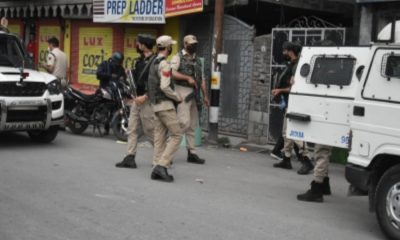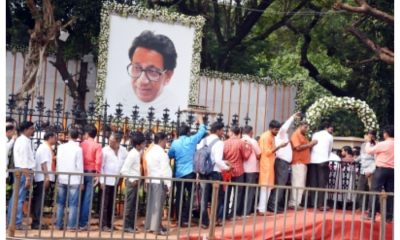Maharashtra
When Balasaheb Thackeray safeguarded the future of a displaced community
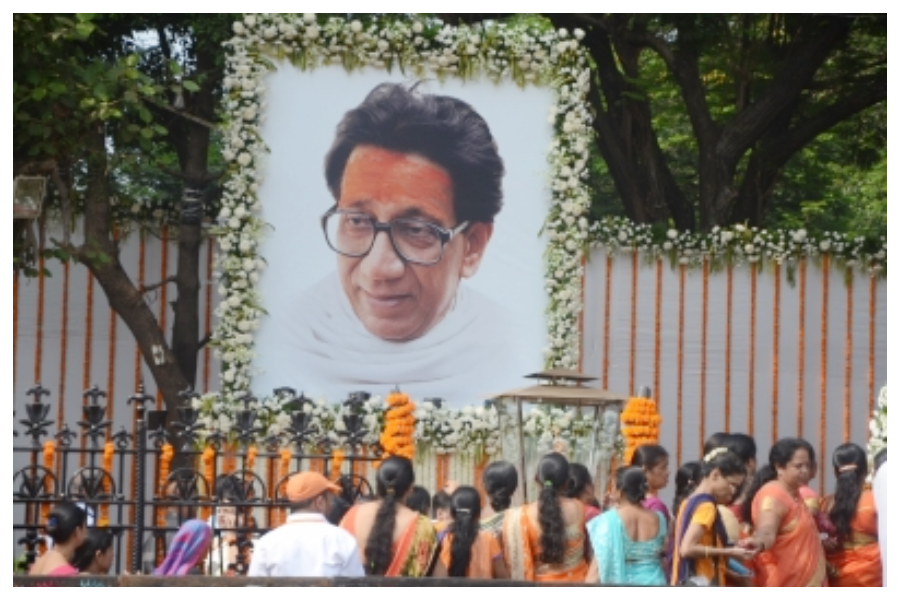
More than three decades ago, when thousands of Kashmiri Pandits fled the terror nightmare in their homeland in 1990 to seek refuge elsewhere in India, many landed in Mumbai, the City of Dreams, and Pune, the academic capital of Maharashtra.
A majority of the uprooted Kashmiri Pandits, with their parents, wife and children, escaped from certain death with hardly anything more than the clothes they wore, and spent months in agony and uncertainty over how to rebuild their future from scratch in strange surroundings.
Maharashtra was the only state which opened its doors, hearts, wiped their tears and helped the Kashmiri Pandits grow new roots in this state, over a couple of thousand kms away from their birthplace.
“At that time, a group of Kashmiri Pandits met the roaring tiger of Shiv Sena, Balasaheb Thackeray. Led by the late Lt Gen (Retd) P.N. Hoon, the delegation discussed the entire issue of Kashmiri Pandits threadbare with the Sena Pramukh,” said Sanjay Nahar, who runs an NGO, Sarhad, in Pune.
Acclaimed author-journalist Rahul Pandita, a teen then, recalls how the Kashmiri Pandits — though penniless — did not seek monetary aid from Balasaheb Thackeray, but wanted something that could help them stand on their feet and make them independent in the long run.
Nahar said the delegation requested Balasaheb Thackeray to use his good offices and offer the Kashmiri Pandits reservations in technical or engineering courses in various academic institutions here.
Interestingly, the meeting was facilitated by a reserved, young journo — Sanjay Raut — now the stormy petrel of the Sena and its chief spokesperson.
Balasaheb Thackeray readily agreed to the proposal — though some opposition parties then had sniggered — and sowed the seeds for affording a stable future to an entire generation of Kashmiri Pandits.
Amit Wanchoo — the grandson of the legendary H.N. Wanchoo who was assassinated by terrorists in December 1992 — said that it was only Balasaheb Thackeray then “who threw a lifeline to Kashmiri Pandits” when they had nobody to call their own.
“Many had no funds or friends, spent months in dirty cattle-sheds or slums, worrying about their future. We always believed that education is important for children, but educating them away from their homeland was a big challenge,” said Wanchoo.
He is among the few who decided to remain in Kashmir despite the near-total exodus by his fraternity.
With Balasaheb Thackeray throwing open all the higher-technical-engineering institutions for Kashmiri Pandits, thousands took advantage to enrol themselves and encounter the future with confidence, and around 7,000-8,000 have benefitted, said Nahar.
More importantly, Pandita said that the gesture came without any ‘strings attached’, and Balasaheb Thackeray never treated them as any kind of ‘a political vote-bank or a bargaining tool’, and it remained a totally unselfish measure.
Sena MP Raut remembers the days when Balasaheb Thackeray was the sole person who spoke for the Kashmiri Pandits when the rest of the country kept quiet in dread of the terrorists.
“When the delegation met Balasaheb Thackeray, he openly advocated giving arms to the Kashmiri Pandits for their self-defence… Instead, they asked for educational quotas, which he readily agreed to and allowed 5 per cent reservation in the state. Nobody knows the pain of the Kashmiri Pandits more than the Shiv Sena,” Raut said.
Pandita and Wanchoo point out how many Kashmiri Pandits occupying top positions in Indian government or in leading companies worldwide had benefited from Maharashtra’s generosity in their darkest hour.
Wanchoo said that inspired by Balasaheb Thackeray, even Maharashtra proved magnanimous towards Kashmiri Pandits and contributed their mite to wipe the tears of their brethren from the snowy Valley.
“I met him in 1994 and he was surprised to learn that some — like me — still opted to live on in Kashmir. There were many young students living in home-stays, rentals or as paying guests in Maharashtra. But when they couldn’t afford to pay their dues, the local owners/families quietly waived them off,” said Wanchoo.
Nahar recalled the times when many Kashmiris — Pandits, Hindus, Muslims and Sikhs — who became ‘refugees’ overnight, had problems with even basics like food and clothes and many NGOs came forward in Mumbai, Pune, Aurangabad, Nashik and other cities to care for them.
According to Pandita and Wanchoo, “we are indebted to Balasaheb Thackeray and till now, we consider Maharashtra as our ‘second home’ for all practical purposes”.
Years later, Balasaheb Thackeray’s initiative bloomed across the country with other states and even the Centre coming up with various reservations, quotas, grace marks, certain privileges etc. for the Kashmiri Pandits/Muslims/Sikhs, that ensured the displaced persons secured a firm foothold in life.
Maharashtra
Byculla Redevelopment Site Accident Claims Two Lives
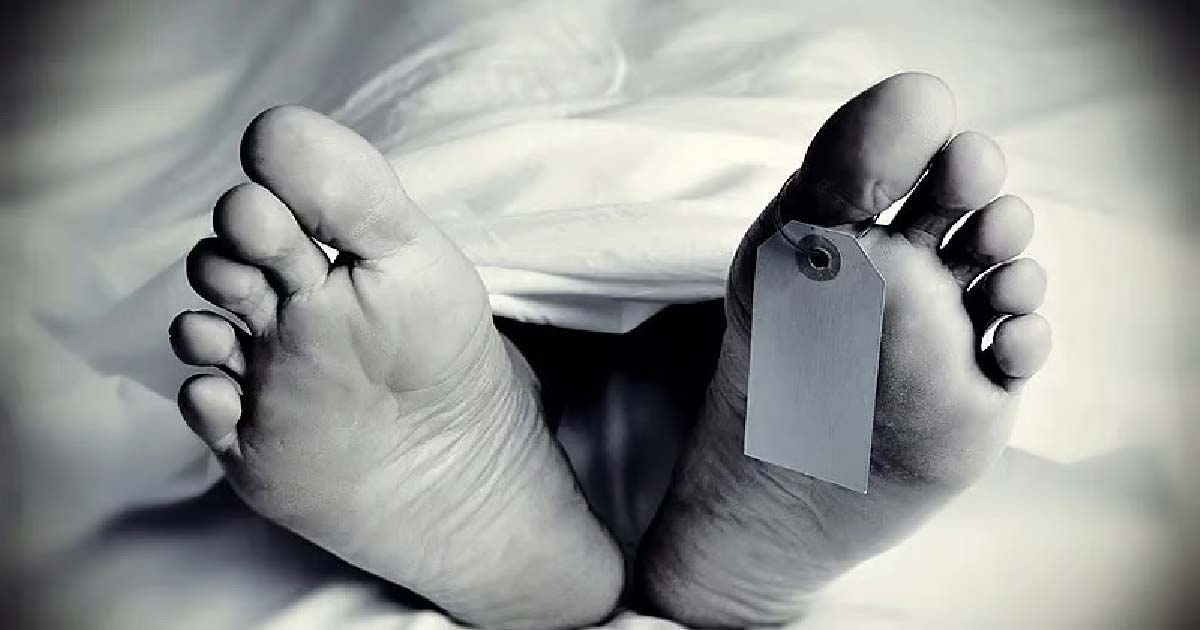
Mumbai: A tragic incident occurred on saturday afternoon at the proposed redevelopment site of Habib Mansion in Byculla (West). During piling work, the ground suddenly caved in, resulting in the death of two labourers on the spot.
Two to three other workers suffered serious injuries and were rushed to a nearby hospital. The accident took place at the Sundar Galli stretch between Haines Road and Tank Pakhadi Road, where redevelopment work is being undertaken by Ibrahim Jusab Sopariwala & Others. The project is linked to architects A2 Associates and Rajpurkar Associates, with ZZ Consultants reported as the structural advisors.
Local residents claimed that adequate safety measures were missing at the worksite, raising concerns about negligence. Police and BMC officials have cordoned off the area and launched an investigation.
Authorities said a detailed probe will determine whether safety protocols were violated during the redevelopment work.
Maharashtra
NCB seizes city drugs, sets them on fire
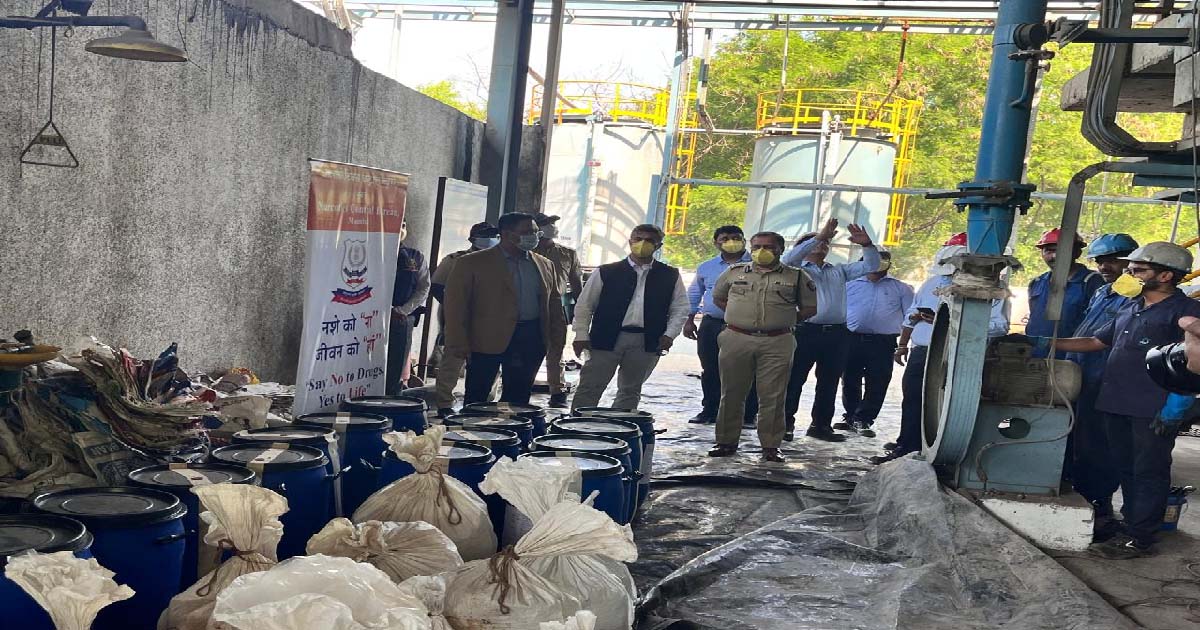
Mumbai: The Mumbai Zonal Unit of the Mumbai Narcotics Control Bureau (NCB) has disposed of about 1835 kg of Mephedrone along with 341 kg of other substances which were seized from various places in Maharashtra and Delhi. 16 persons were arrested in this case. A thorough investigation into the massive drug seizure led to the arrest of several persons including foreigners from various places, resulting in the elimination of close associates of the drug peddlers with international links.
As per the guidelines prescribed by the Hon’ble Supreme Court, a high-level Drug Disposal Committee was constituted comprising Deputy Director General (SWR) of NCB, Additional Director, NCB Mumbai Zonal Unit and Additional Commissioner of Pune Police. The case was reviewed and it was selected to dispose of the drug hoard. Accordingly, all legal conditions were complied with after which the seized drugs along with other chemicals were finally destroyed by incineration in the presence of HLDCC on 14th November 2025 at Maple, Ranjangaon, Pune, Maharashtra.
This significant seizure of drugs followed by disposal of the sub-judices, indicates the continuous efforts of NCB in dismantling organised drug syndicates and targeting drug offenders who pollute the drug ecosystem. The Bureau is steadfast in its mission to protect public health and uphold the vision of “Nisha Mukt Bharat” by 2047.
NCB is firmly committed to ensuring a drug-free society under the guidance of which it has curbed drug trafficking, broken financial nexus and curbed inter-state and international drug syndicates.
Citizens are urged to play their role by reporting any information related to drugs through the MANS – National Narcotics Helpline (Toll Free Number: 1933). The identity of the informants is kept strictly confidential.
Maharashtra
Three men accused of robbing a youth have been arrested The main accused was apprehended in Titwala.

Mumbai: A young man returning home on a motorcycle in the Asalpha area of Ghatkopar was attacked and forcibly robbed by three men who brandished a chopper. A case was registered at the Ghatkopar police station under sections 309(4), 3(5) of the Indian Penal Code, sections 4, 25 of the Indian Penal Code, and sections 37(1) and 135 of the Indian Penal Code.
The complainant, Suraj Mahadev Dethe (24), and his friend, Yash Kamble, were passing near the Home Guard Training Center at approximately 1:30 a.m. on November 12th when three unidentified individuals in a three-wheeled tempo stopped them. The accused, using the chopper as a pointer, assaulted them, abused them, and stole their Honda Dio scooter and mobile phone.
As soon as the case was registered, the Assistant Commissioner of Police and Senior Police Inspector of the Ghatkopar Division inspected the scene. Based on technical and traditional investigations, the accused identified Hussain Aslam Memon, alias Genda. Upon receiving information that he was hiding in the Titwala area, the police apprehended him. During interrogation, he revealed the names of his accomplices – Munna Ramvilas Sharma and Dilshaduddin Sitabuddin Shaikh – who were subsequently arrested.
On November 13, the three accused were produced in court, where they were remanded to police custody until November 17. The investigation also revealed that Genda is a notorious criminal with more than 13 cases registered against him in various police stations.
-

 Crime3 years ago
Crime3 years agoClass 10 student jumps to death in Jaipur
-

 Maharashtra1 year ago
Maharashtra1 year agoMumbai Local Train Update: Central Railway’s New Timetable Comes Into Effect; Check Full List Of Revised Timings & Stations
-

 Maharashtra1 year ago
Maharashtra1 year agoMumbai To Go Toll-Free Tonight! Maharashtra Govt Announces Complete Toll Waiver For Light Motor Vehicles At All 5 Entry Points Of City
-

 Maharashtra1 year ago
Maharashtra1 year agoFalse photo of Imtiaz Jaleel’s rally, exposing the fooling conspiracy
-

 National News1 year ago
National News1 year agoMinistry of Railways rolls out Special Drive 4.0 with focus on digitisation, cleanliness, inclusiveness and grievance redressal
-

 Maharashtra1 year ago
Maharashtra1 year agoMaharashtra Elections 2024: Mumbai Metro & BEST Services Extended Till Midnight On Voting Day
-

 National News1 year ago
National News1 year agoJ&K: 4 Jawans Killed, 28 Injured After Bus Carrying BSF Personnel For Poll Duty Falls Into Gorge In Budgam; Terrifying Visuals Surface
-

 Crime1 year ago
Crime1 year agoBaba Siddique Murder: Mumbai Police Unable To Get Lawrence Bishnoi Custody Due To Home Ministry Order, Says Report



